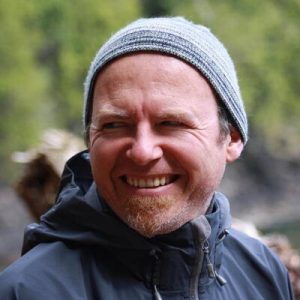IRES Seminar Series
Time: 12:30pm to 1:30pm (every Thursday)
Location: AERL Theatre (room 120), 2202 Main Mall
View video.
*********************************************************************************
Living marine resources in a changing climate: Are spatial models up to the challenge?
Abstract:
Understanding the distribution of species and the services they provide is critical to effective resource management. This understanding typically relies correlations between observations of species and the environment. However, both these data sets contain biases and generalizations which can limit the utility of the resulting models. Using the British Columbia coast as a case study, I will briefly review the evolution of spatial models over the last 25 years, and describe four (at least) persistent challenges to what are now established approaches to predicting species distributions. I will show how these methods are not up to the task of dealing with the uncertainty and novelty of a changing climate, and argue that more mechanistic approaches will likely be necessary to deal with potential range shifts.
Edward Gregr
Adjunct Professor, IRES
Bio:
I completed my PhD with Dr. Chan at IRES, studying the sea otter – kelp forest trophic cascade and the associated changes in ecosystem services. This interdisciplinary work compliments my earlier academic training in Zoology (M.Sc. 2000) and Computer Science (B.Sc. 1992), which is reflected in my over 25 years of experience in field research design and sampling, research, consulting, and project management. I consider myself a Systems Ecologist studying the intersection of ecosystem services, risk, and human values. My research interests centre on using various types of spatial models to inform ecosystem-based management, and on making such models more credible, relevant, and legitimate. Understanding model uncertainty is the foundation of model credibility, and to that end, I am exploring ways of making models more credible through the explicit consideration of model assumptions. To be effective, model results must also be relevant to managers, and perceived as legitimate by stakeholders. These goals are most likely to be achieved if model objectives and scope are defined collaboratively with interested managers and vested stakeholders. I continue to pursue opportunities to build such models in contentious and complex social-ecological contexts.
